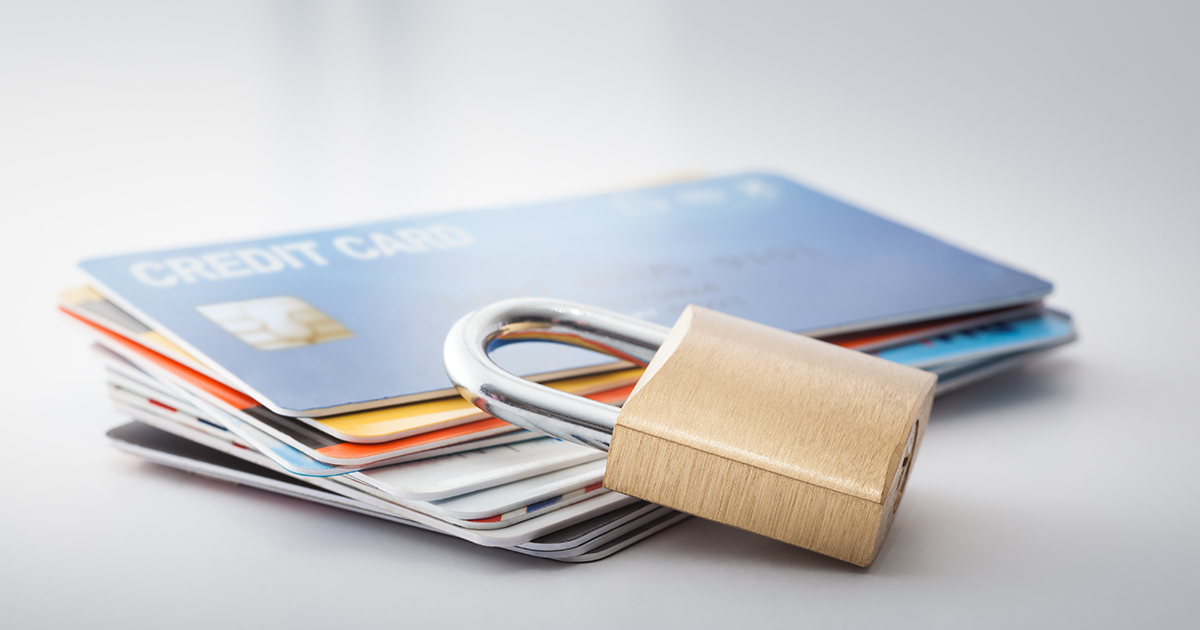The truth about identity theft is that you can use all the identity theft protection and fraud protection measures to protect yourself, and your information could still be stolen. So how do you know that you have become a victim?
How to check for identity theft
Keep an eye out for any of the following warning signs that your identity has been stolen.
- You haven't received one or more of your regular monthly bills. Thieves can file a change of address in your name to reroute your mail — or simply snag that mail straight from your mailbox if it sits there too long — and retrieve important personal information such as your Social Security number, account numbers and financial statements.
- You notice unfamiliar charges on your credit or debit cards. This could be for multiple large purchases, or it could be for a very small purchase (a dollar or less) that a criminal made to make sure your card is still active before selling it on an underground site.
- You get calls from bill collectors, debt collection agencies or merchants who claim you own them money. But the debts are for items or services you never purchased.
- You see errors on your credit report, including debts or payments in default that do not belong to you.
- You are denied credit when applying for financing or new credit cards, even though your last credit report showed that your credit is good.
- Your medical insurance claim is denied because the insurance company says your records show you have already had a procedure done or have maxed out your benefits, even though you know neither of those are true.
- You can’t log on to your email or social media accounts because your password has been changed by criminals who have gained access to the account and all your personal information stored in it.
If one of these things has happened to you, you need to act immediately. The sooner you take steps to report identity theft, the better chance you have to protect your identity in the future.


